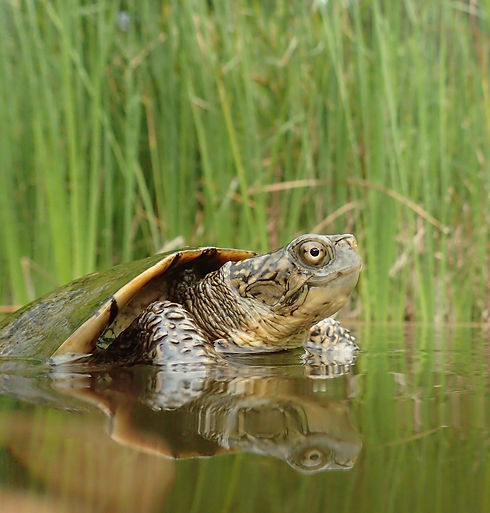
PROGRAMS
Research
Promoting scientific knowledge about endangered species is crucial for their conservation and the overall health of ecosystems. Many of these species are often overlooked, with scarce information available on their behavior, ecology, and specific threats they face. By advancing our understanding of these species, we can better assess their needs and design effective conservation strategies to protect them. By dedicating resources to studying endangered species, we not only safeguard them but also contribute to a healthier, more resilient environment for all species.

Conservation and restoration
Creating and promoting actions for the conservation of endangered species and their habitats helps maintaining biodiversity and ecosystem health. Through the implementation of habitat restoration and recovery plans, we can reverse the damage caused by habitat loss, invasive species, climate change, and human activities. By doing this, we give endangered species a better chance of survival, while fostering resilience in the environment.

Education and scientific outreach
Through environmental education, citizen science, and professional workshops, we empower individuals and communities to actively participate in conservation efforts. These initiatives not only increase public understanding of the importance of biodiversity but also enhance the analysis and application of scientific information. By engaging people in hands-on activities and fostering collaboration, we can strengthen conservation strategies, promote informed decision-making, and create a collective commitment to protecting our natural heritage for future generations.


